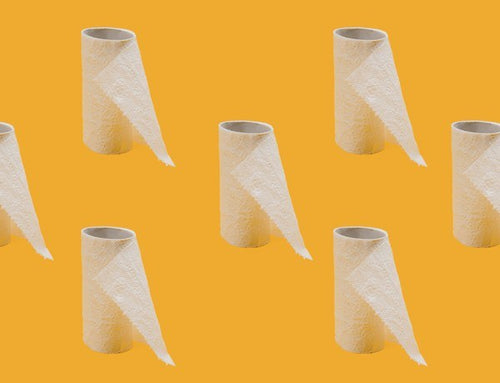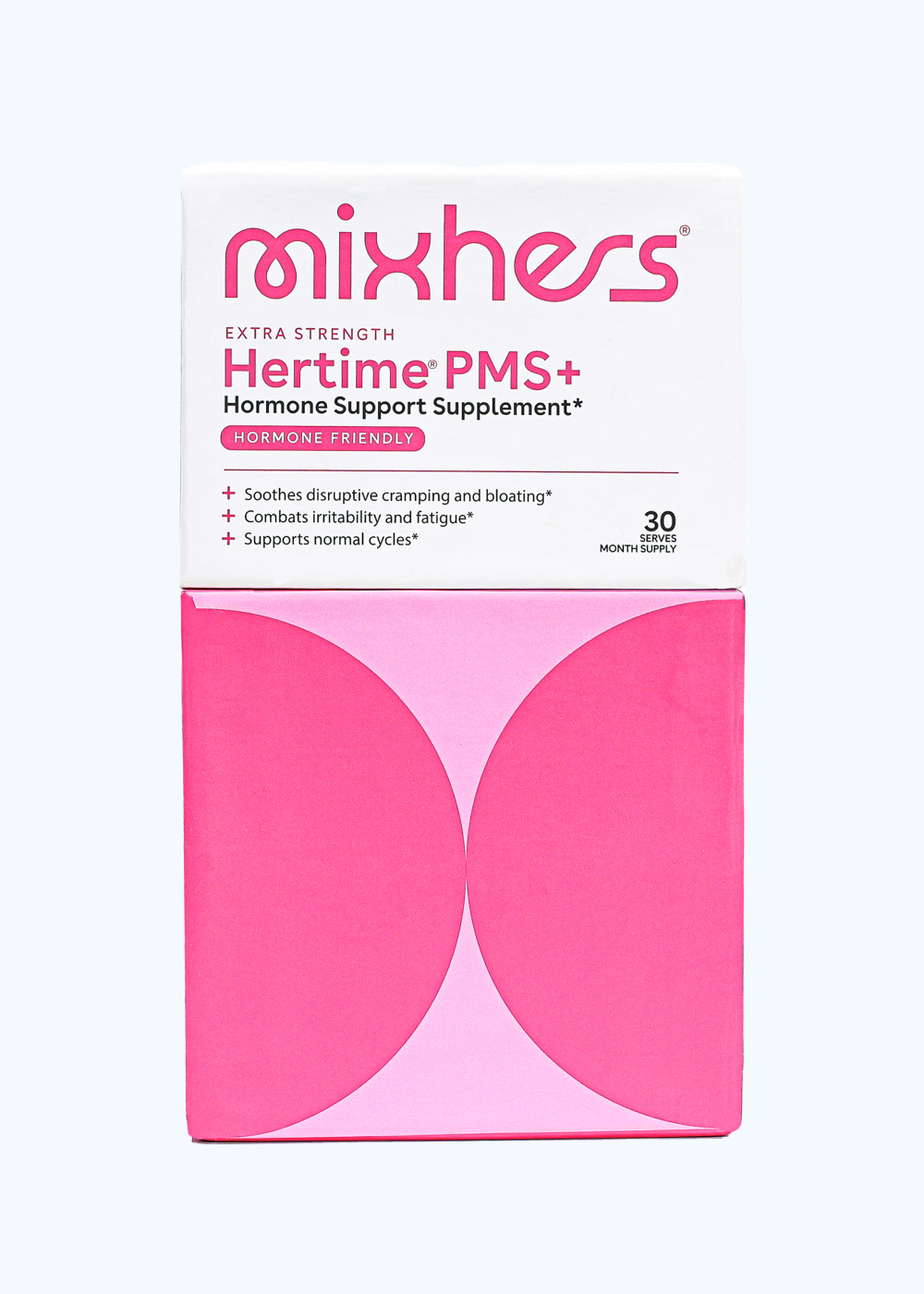Now that you know what a probiotic is, you're probably wondering, "What does a probiotic do?" Probiotics promote a healthy balance of bacteria in the gut. They are also linked to a variety of health benefits. Let's talk about some of those benefits in detail.
If you've taken antibiotics recently, you have probably discovered that diarrhea is quite common afterward. This is because antibiotics target all types of bacteria in your body-not just the bad types. While occasional antibiotics may be necessary to combat infections, it's best not to have them too frequently if you can avoid it.
Fortunately, taking probiotics can help combat antibiotic associated diarrhea. They can also help minimize other types of loose bowel movements, including traveler's diarrhea and infectious diarrhea. The probiotics Lactobacillus casei and Lactobacillus rhamnosus have been shown to be particularly effective at reducing diarrhea.
A gut overrun with bad bacteria is not a hospitable place. People with imbalanced gut bacteria often suffer from a lot of health issues, including obesity, digestive issues, mental health problems, allergies, and more.
There are a variety of things that can disrupt the delicate balance of good and bad bacteria in the gut, including poor dietary habits, certain medications (such as antibiotics), genetics, and illness. But don't worry! Your gut may be a mess right now, but there are things you can do to fix it!
To restore balance to your digestive system, you need to increase the good bacteria in your gut so they can run off some of the bad guys. The best way to do this is by taking probiotics along with eating a healthy diet full of whole foods.
You only have one heart, so it's pretty important to keep it beating strong. When you're watching your heart health, you need to look for signs of a potential problem, such as high blood pressure and high LDL cholesterol (which is the bad type).
Some studies show that consuming probiotics can help reduce LDL cholesterol and may also lower blood pressure. To get optimal heart-boosting results, it's important to take probiotics for at least eight weeks.
Have you ever felt "hangry" before? If so, you know that humans often joke about how hunger is closely tied to mood. But this connection is so much more than a joke. It's the real deal! Studies show that the health of our guts can have a big impact on our mental health and mood.
Consuming either the Lactobacillus or Bifidobacterium probiotic strain can improve a variety of mental health conditions, including depression, obsessive-compulsive disorder, and anxiety. People who take probiotic dietary supplements for at least eight weeks are shown to have reduced levels of inflammatory C-reactive protein and are less likely to feel depressed when compared to people who don't consume probiotics.
Digestive disorders are a huge problem these days. More than a million people in the United States have inflammatory bowel disease, and millions more experience stomach pain and bloating regularly.
Certain types of probiotics have been shown to improve symptoms in people with various digestive disorders (including irritable bowel syndrome, ulcerative colitis, and severe necrotizing enterocolitis). Probiotics help decrease "bad" bacteria colonies in your gut so you can experience improved gut health and fewer symptoms of digestive distress.
Eczema and allergies may seem to be completely unrelated to your gut, but they are more closely linked than you might realize. Studies show that people who take probiotics are less likely to develop eczema. Even infants who are fed milk supplements with probiotics are less likely to experience eczema than infants who are fed regular milk without added probiotics.
Probiotics may also weaken the body's reaction to certain allergens by reducing the body's inflammatory responses. To understand exactly how effective probiotics are at reducing eczema and allergies, more research needs to be done. But preliminary studies show a link between probiotic consumption and reduced skin issues.
There are so many different supplements that claim to help with weight loss, but probiotics actually follow through on that claim. They may help you lose weight and belly fat by targeting the bad bacteria that are causing your weight gain in the first place, and by healing your gut, your metabolism will naturally be boosted!
But if you're taking probiotics for weight loss, beware that some strains can actually cause weight gain! Yikes! You'll want to steer clear of Lactobacillus acidophilus if your goal is a sleeker physique. This type of probiotic has been linked to weight gain in some cases!
The best probiotic strains for weight loss include Lactobacillus rhamnosus and Lactobacillus gasseri. For best results, take these strains for at least 12 weeks.
Want to get sick less frequently? Take your probiotics, girl! Research shows that taking probiotics can boost the immune system and reduce the likelihood of respiratory infections and urinary tract infections.
Some probiotics promote natural antibody production. They also boost the production of immune cells like natural killer cells and T lymphocytes. These are the cells that your immune system relies on to fight off the bad guys and help you stay well.
If you'd like to boost your immune health, try adding probiotic supplements to your daily routine. You probably won't notice any difference right away, but give it a few weeks and see if you come down with fewer illnesses than usual. Some of the best probiotic strains for the immune system include Bifidobacterium, Acidophilus, and Lactobacillus delbrueckii subsp. Bulgaricus.












